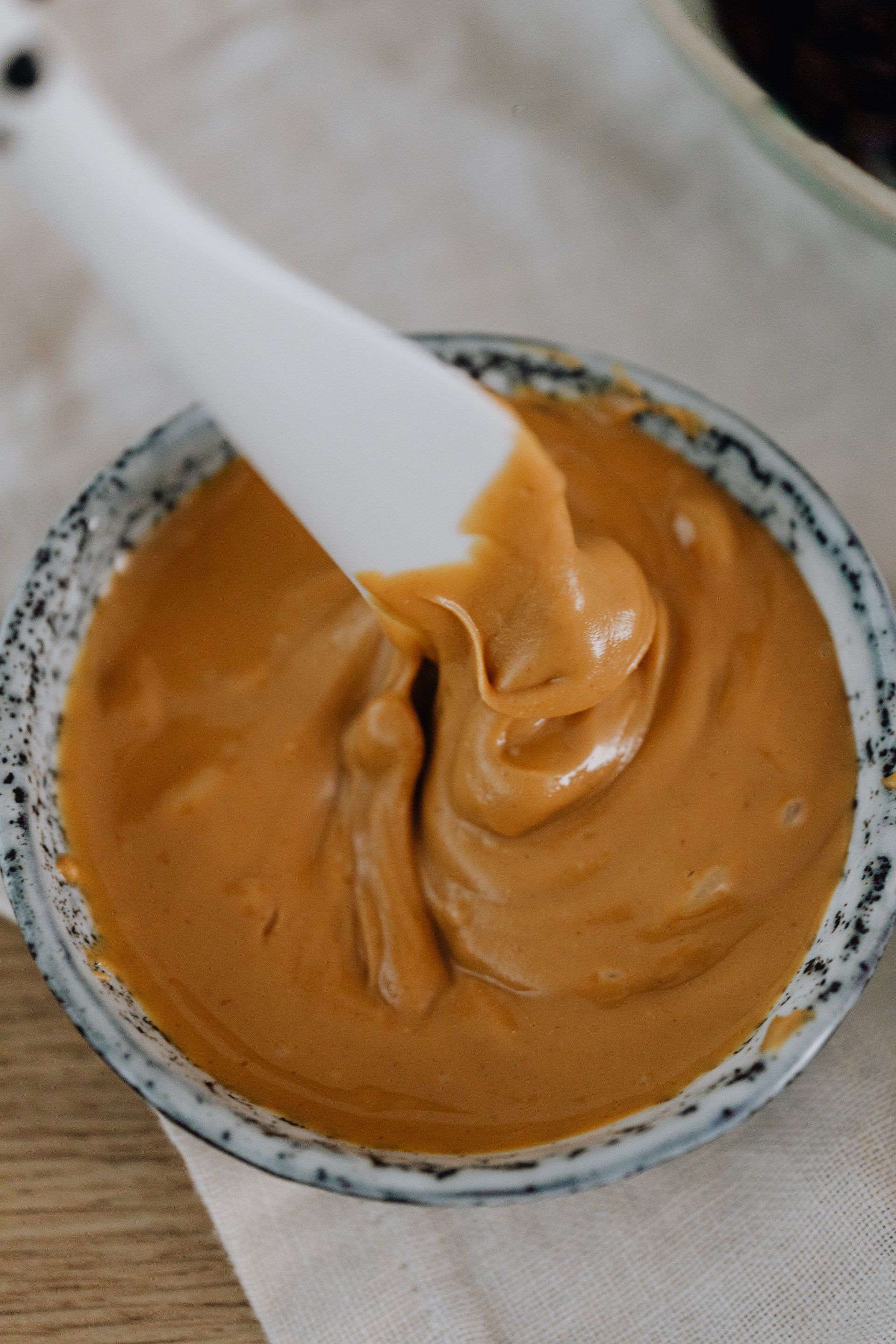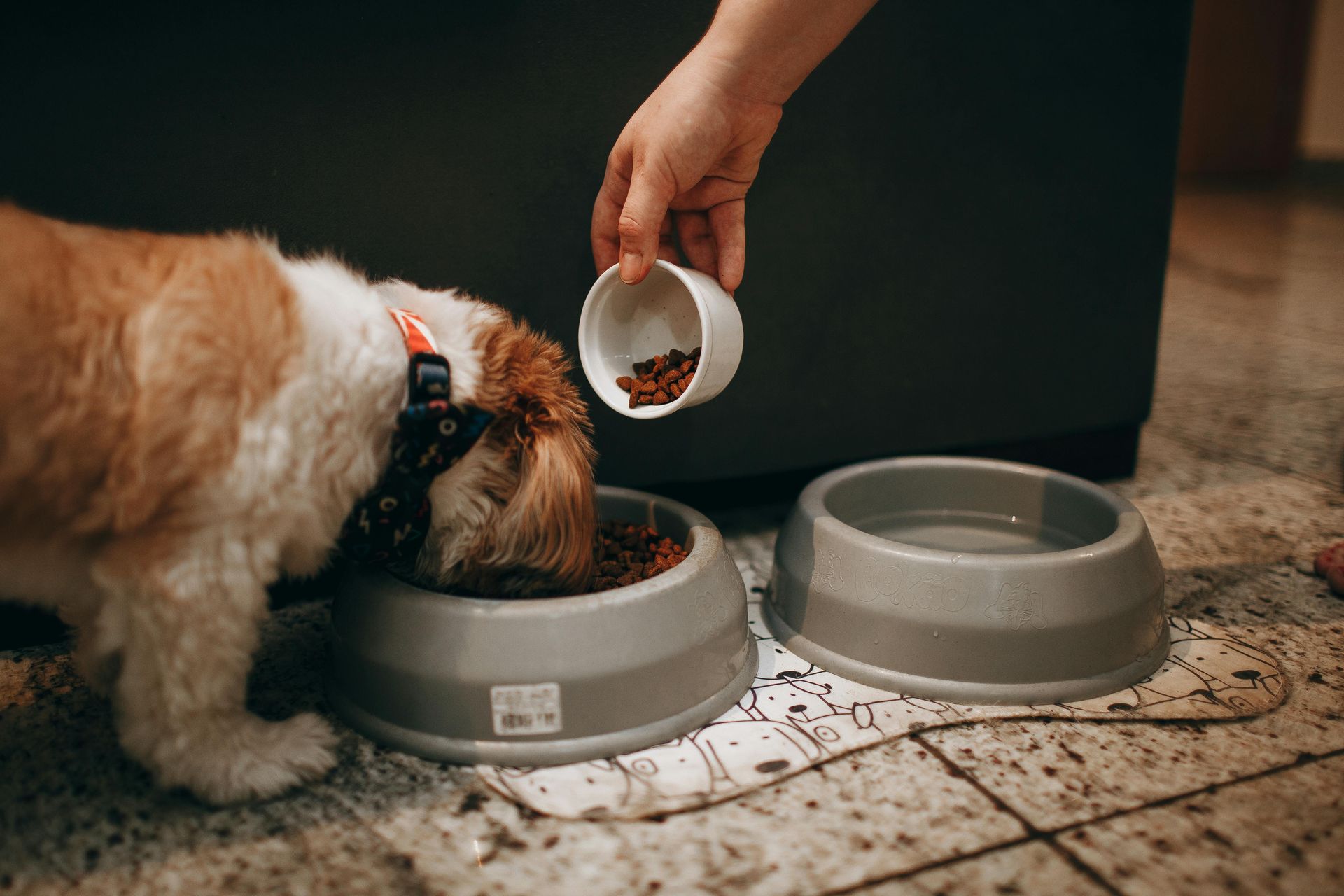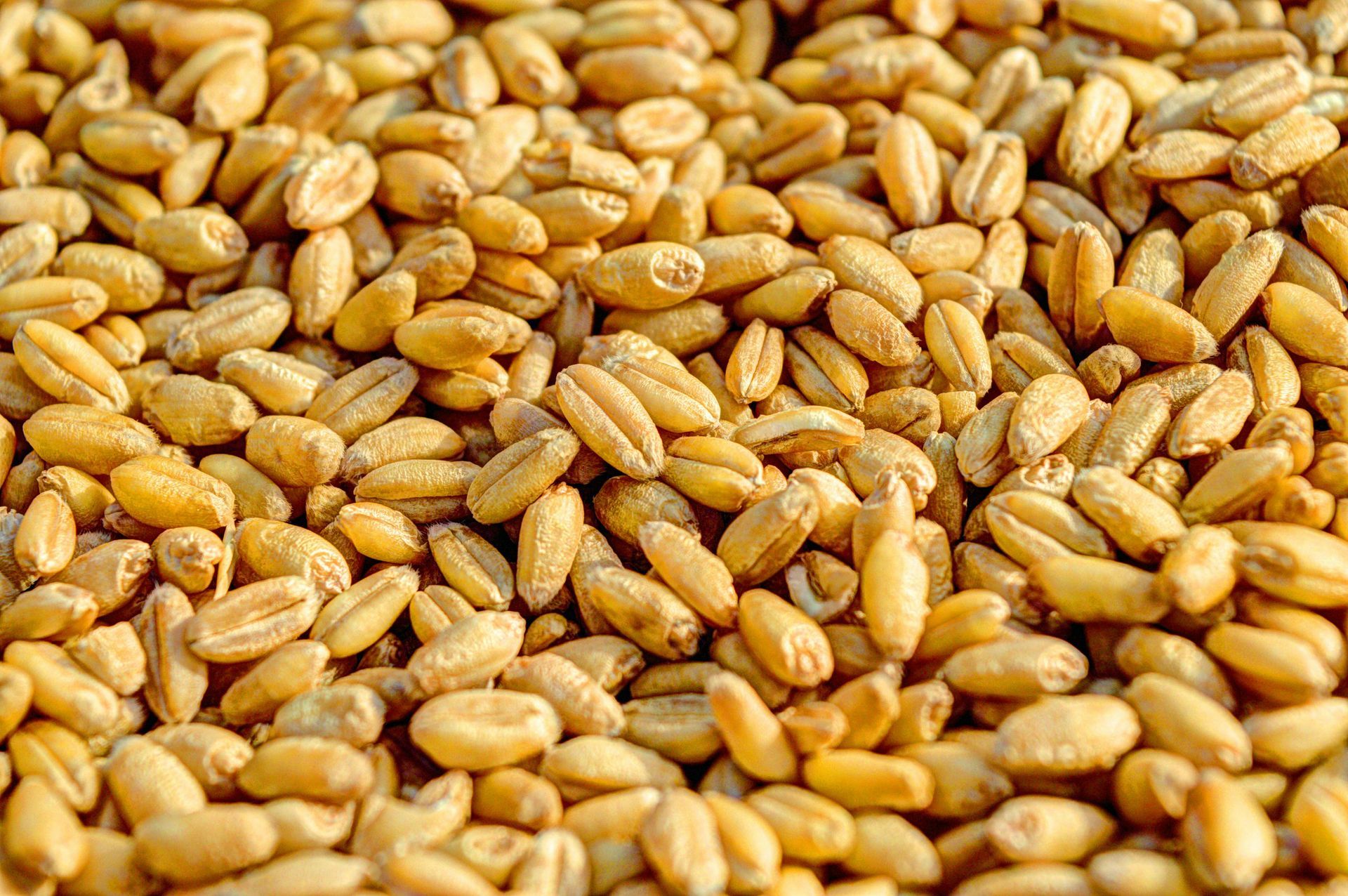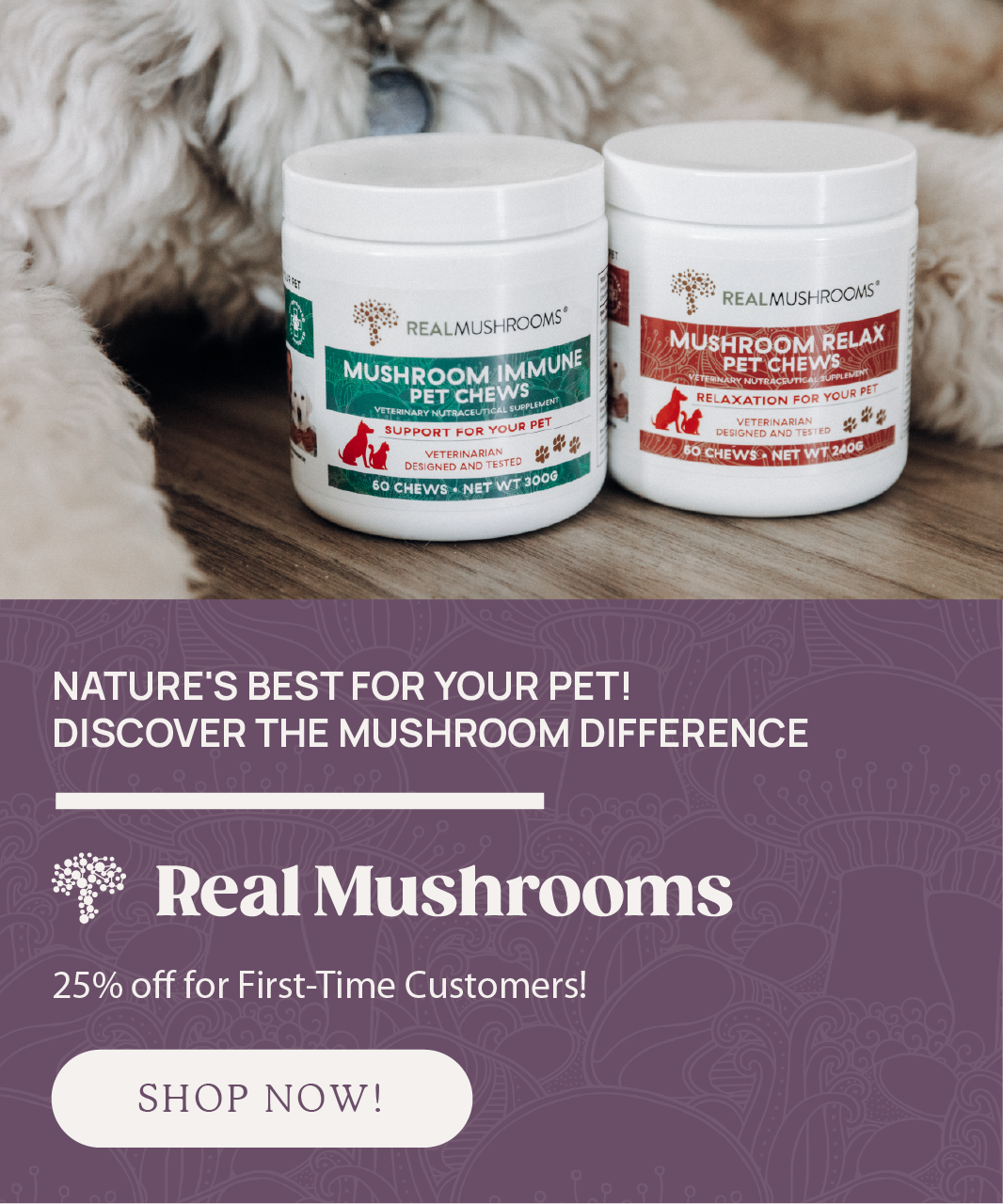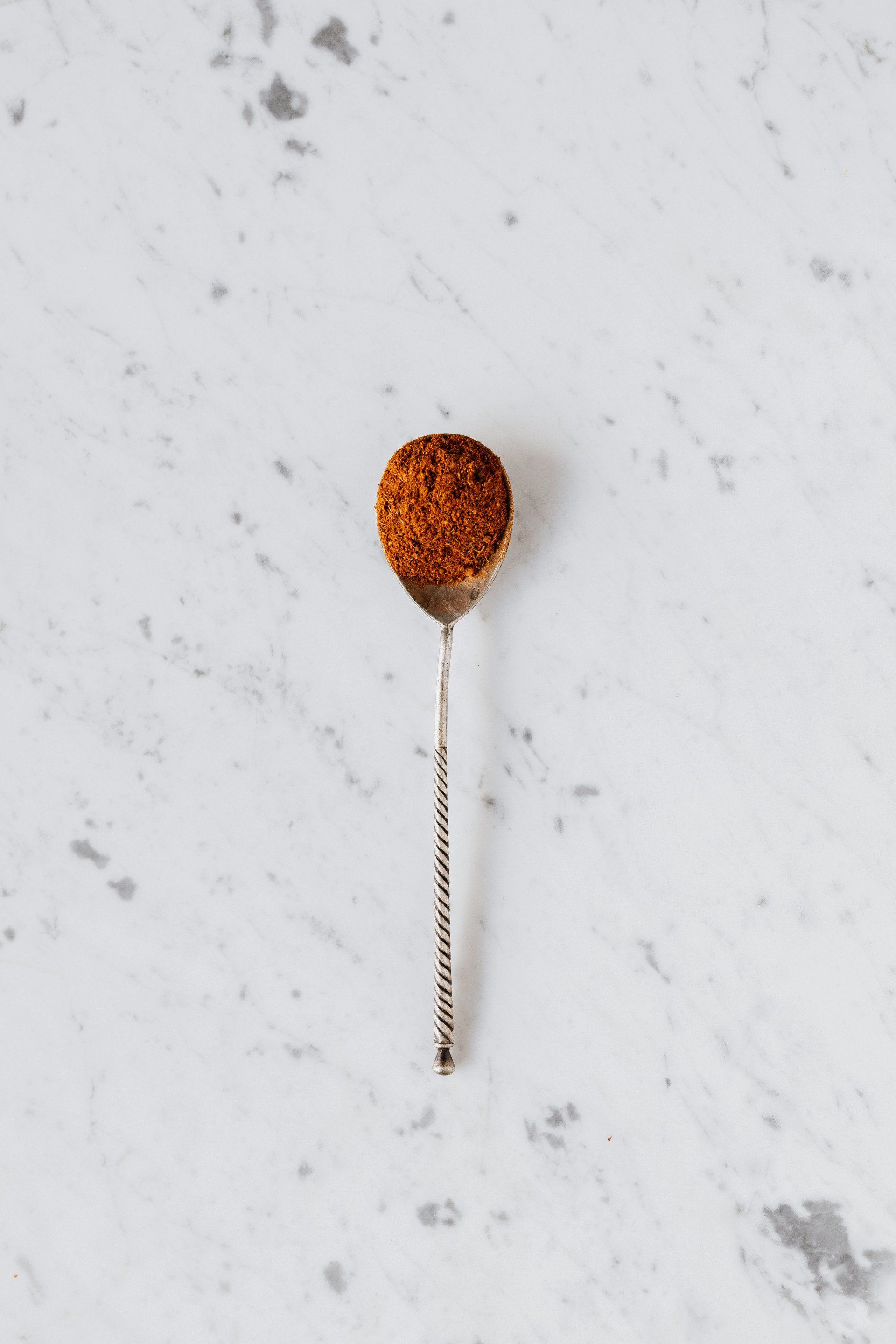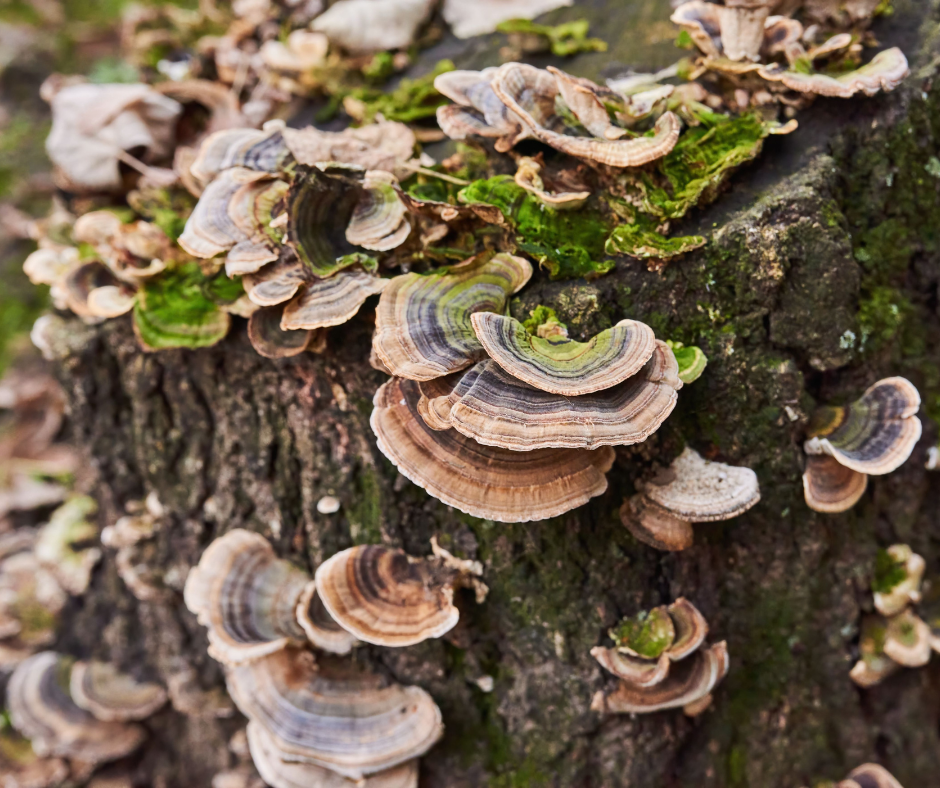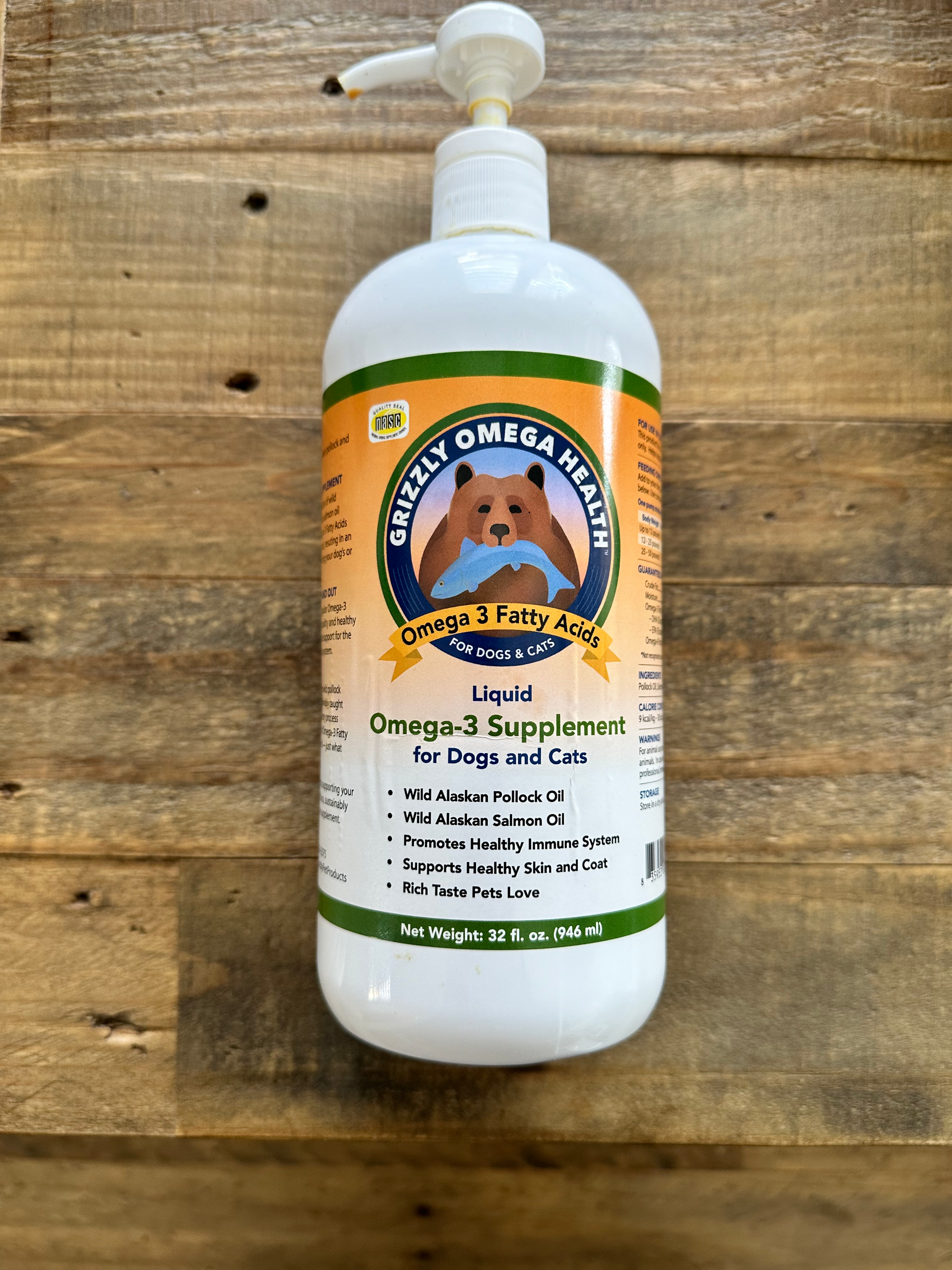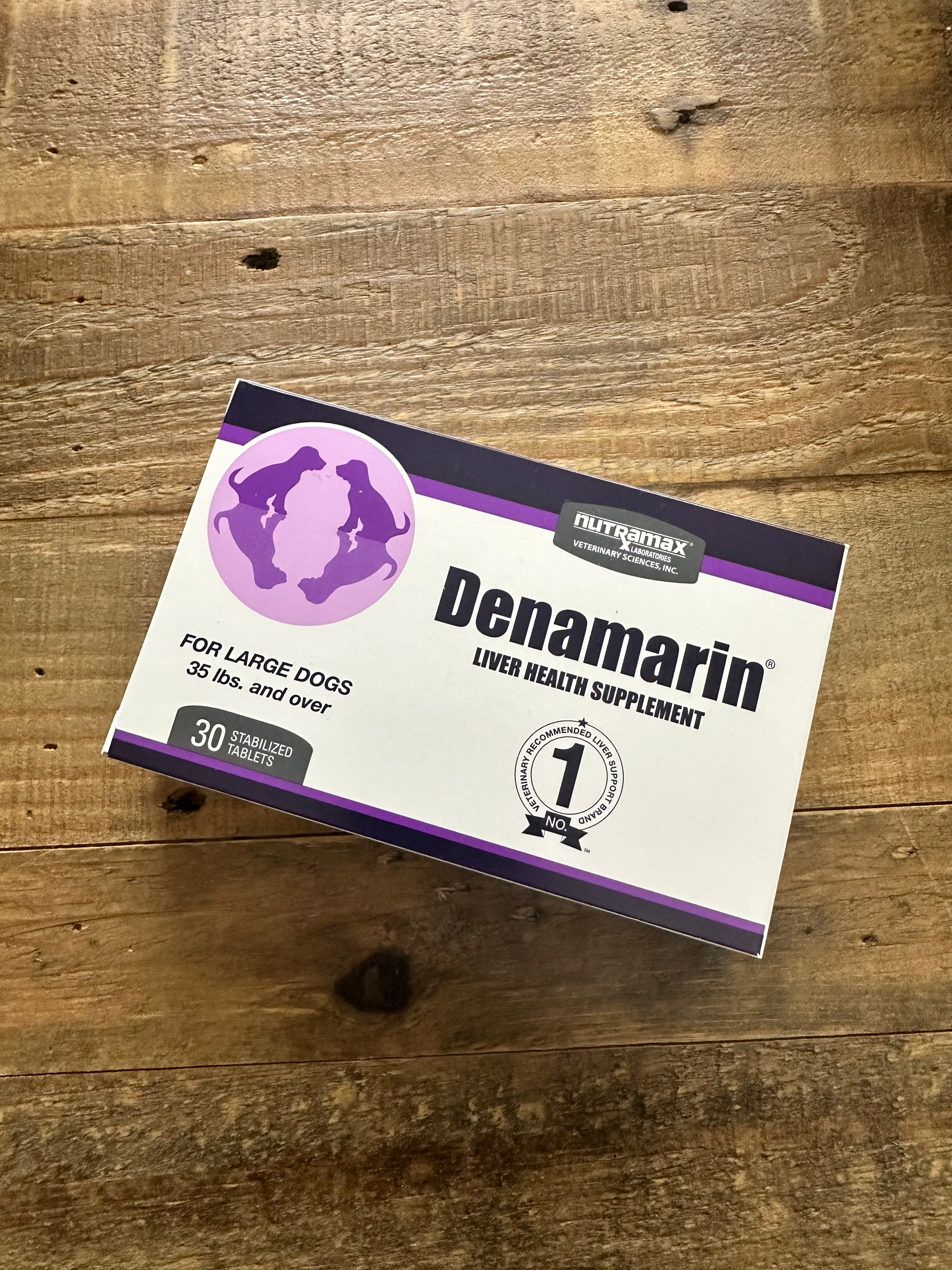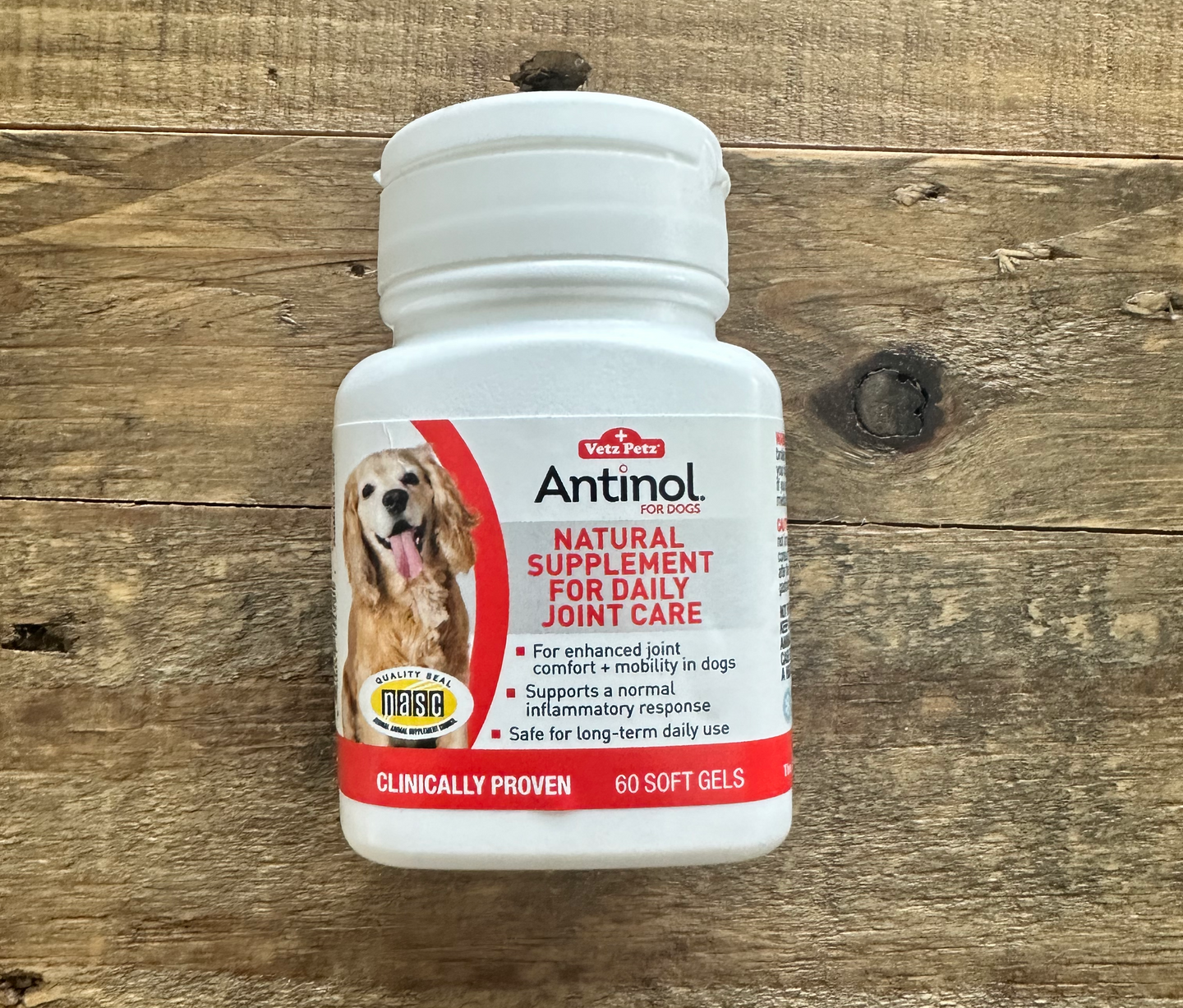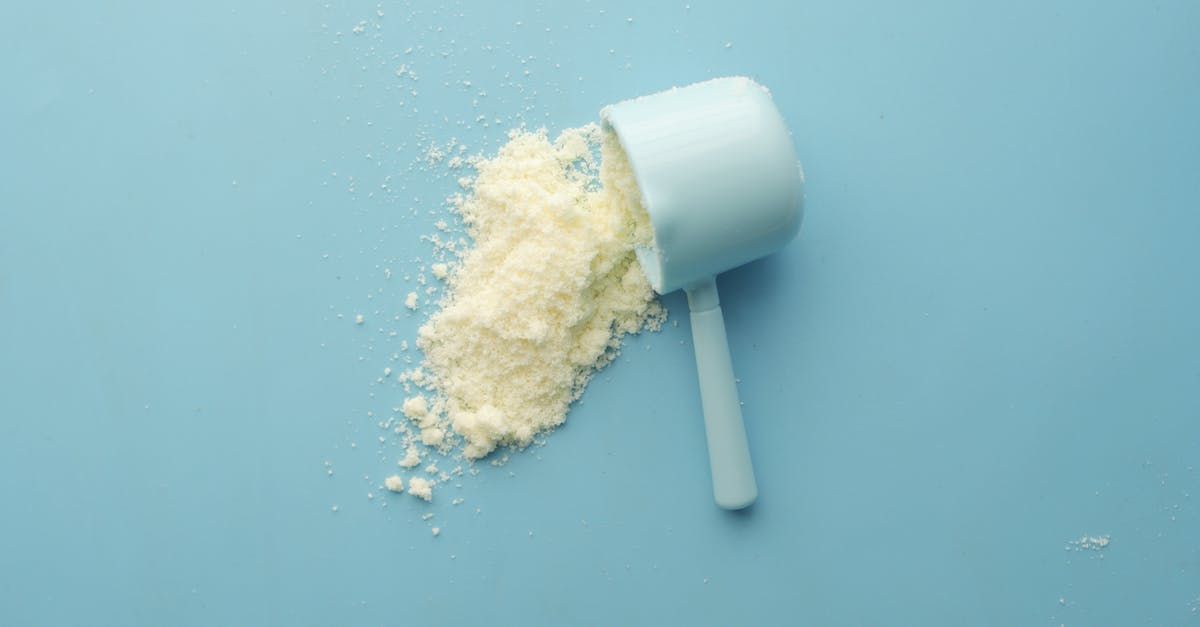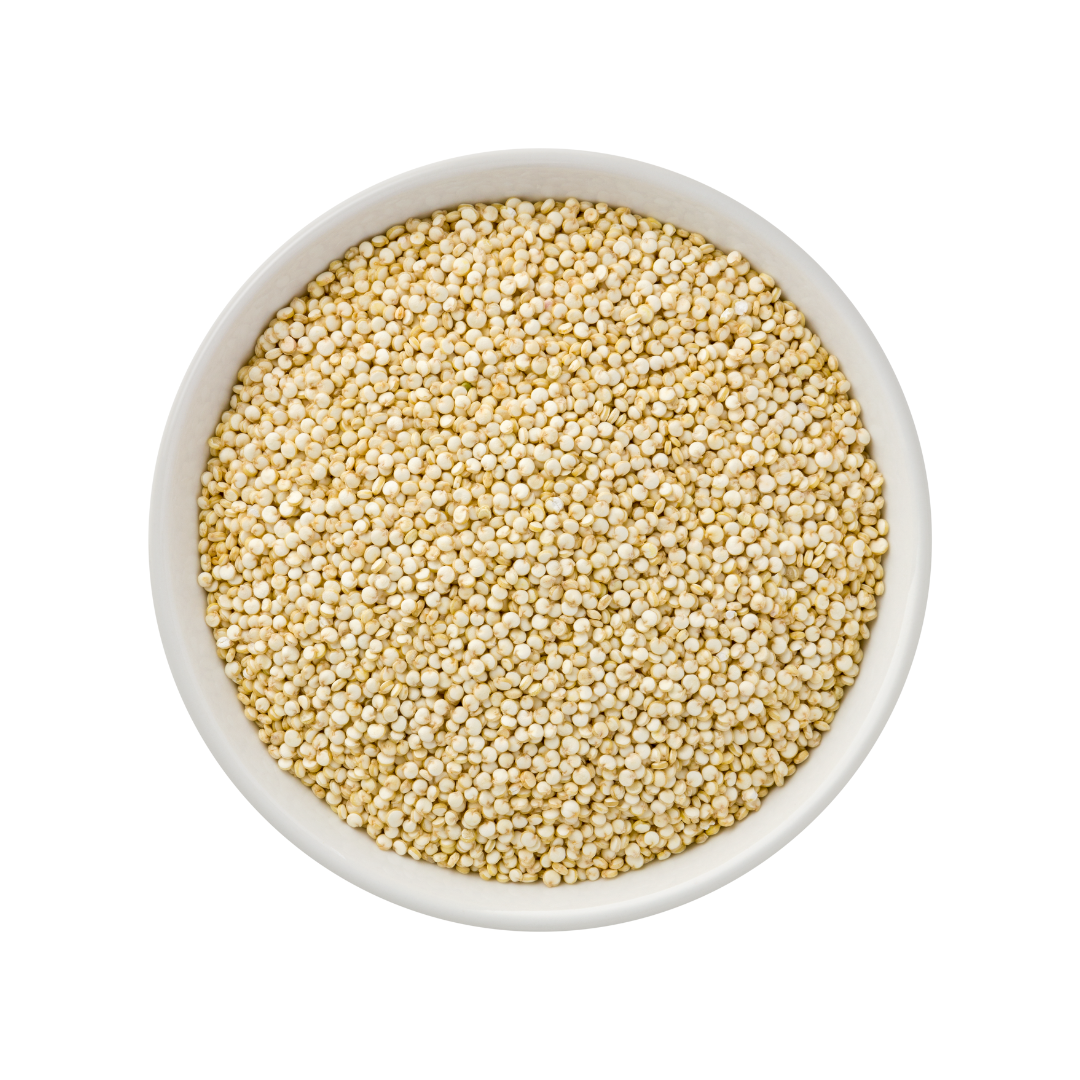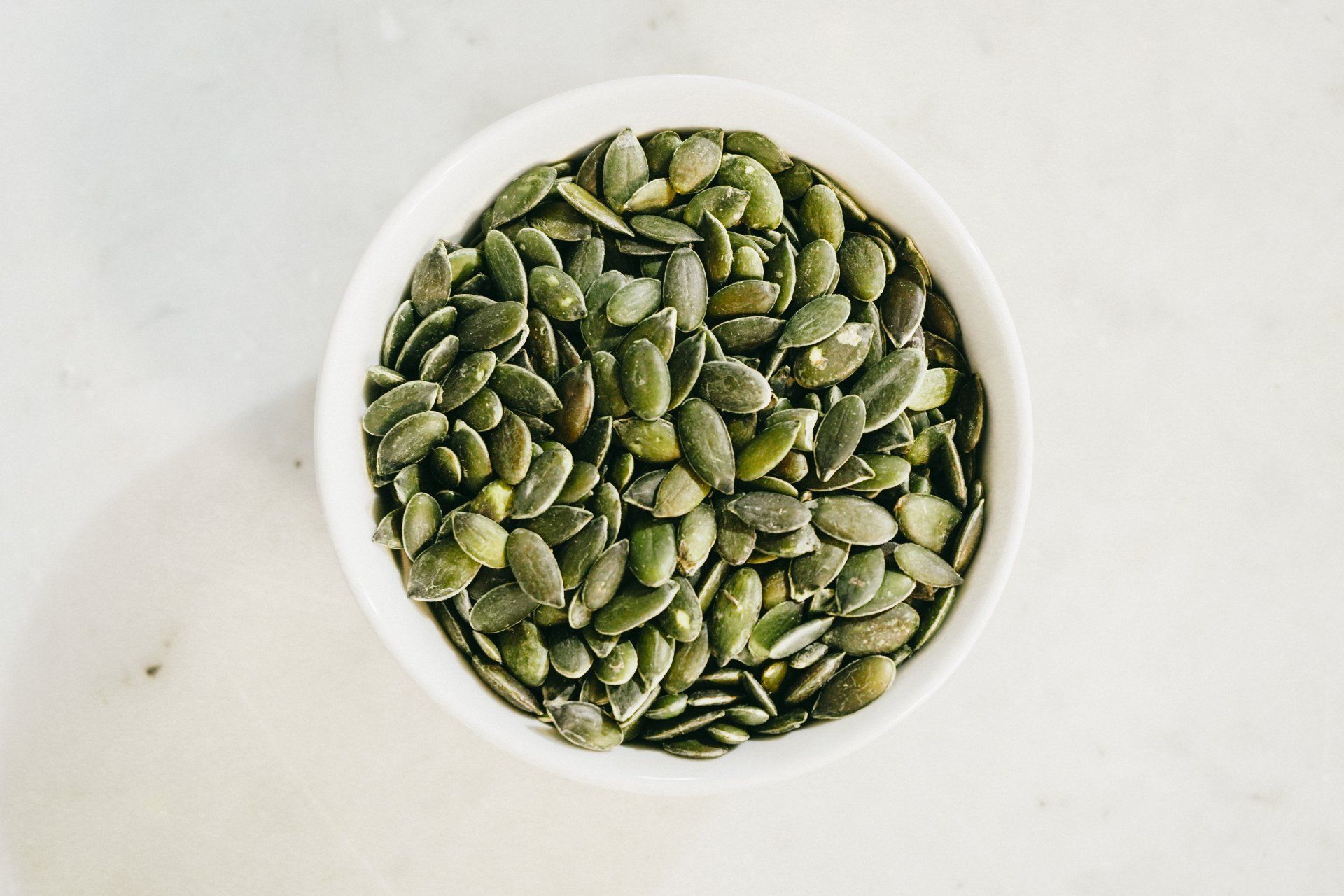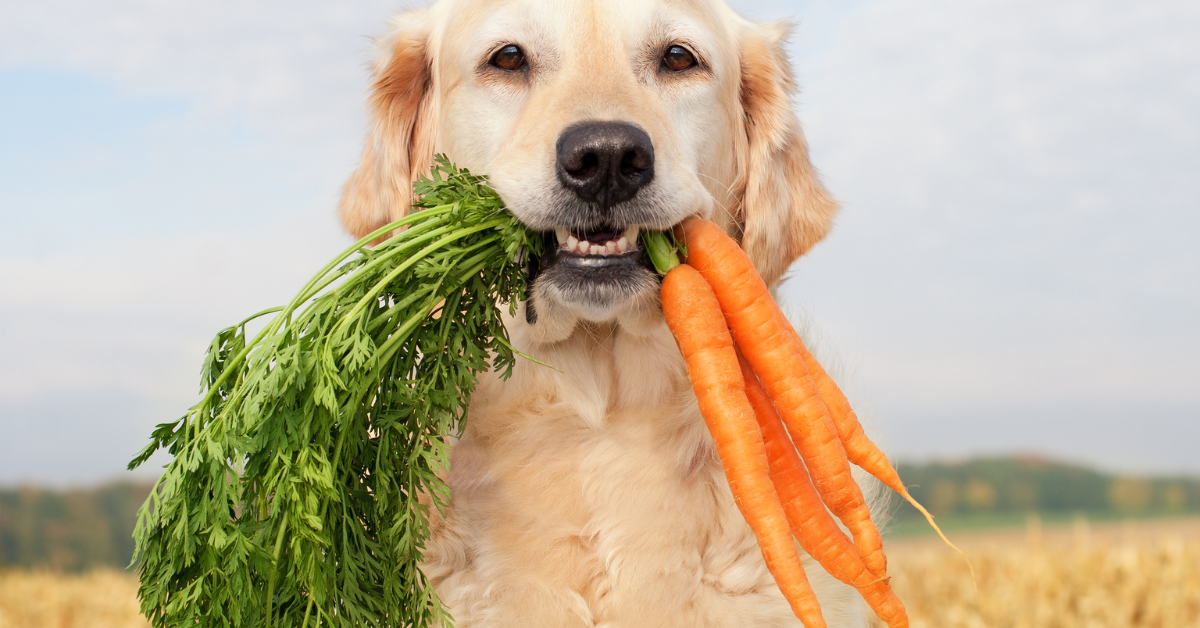Xylitol. You might recognize it as a sugar substitute in sugar-free gum or as a "healthy" sweetener in some products. But what if we told you this same ingredient could be dangerous for your furry friend?
Here's the thing: Xylitol is becoming increasingly popular, but it often goes by other names on labels, making it a hidden danger for dogs. One common alias? Birch sugar. Sounds natural and healthy, right? Not so fast when it comes to your pup's health.
This article will explain why xylitol, despite its seemingly harmless names, can be toxic to dogs and what you can do to keep them safe.
What is Xylitol?
Xylitol is a natural sugar alcohol used as a sugar substitute. Derived from plants like birch bark, it's popular in sugar-free gum, candy, baked goods, and diabetic-friendly products. While safe for humans, it's extremely dangerous for dogs.
Why is Xylitol Dangerous to Dogs?
Xylitol causes a rapid insulin release in dogs, leading to hypoglycemia (low blood sugar). This can cause seizures, liver failure, and even death. Even small amounts can be toxic, with smaller dogs more susceptible.
Hidden Names for Xylitol on Labels
Xylitol can be disguised under various names on ingredient labels, making it difficult to identify. Here are some hidden names to watch out for:
- Xylitol
- Xylitylglucoside
- Xylosweet
- Xylipure
- E967
- Birch sugar
- Corn sugar
- Vegetable sweetener
Some products may use a combination of sugar alcohols, including xylitol, further complicating identification.
Common Products Containing Xylitol
Xylitol can be found in various human food products, including:
- Sugar-free gum (Trident, Orbit)
- Sugar-free candy and mints (Ice Breakers, Mentos)
- Baked goods (muffins, cookies, cakes)
- Peanut butter (some Jif and Skippy varieties)
- Toothpaste
- Medications and supplements (including some children's vitamins)
How Xylitol is Can Sneak into your Dog's Diet
Many dog owners make a conscious effort to go beyond scraps and provide their pups with nutritious human food options. Peanut butter is a popular choice – some use it for its protein content, while others rely on its sticky goodness for bath time or medication disguise. The problem? Not all peanut butter is created equal.
While some peanut butters might contain natural sugars (not ideal, but not immediately harmful in moderation), others sneak in hidden dangers like Xylitol. People who recognize "xylitol" as harmful might be easily fooled by its alias, "birch sugar." It sounds natural, right? Just a little added sugar for sweetness? Unfortunately, for dogs, birch sugar (xylitol) can be a recipe for disaster.
What to Do if Your Dog Ingests Xylitol
If you suspect your dog ate xylitol, seek veterinary care immediately, even if they seem fine. Here's what to do:
- Contact your veterinarian or pet poison control center with details about the product, amount consumed, and time of ingestion.
- Monitor your dog for symptoms like vomiting, loss of coordination, lethargy, seizures, and coma. Seek immediate vet care if you notice any.
- Do not induce vomiting without veterinary guidance.
- Keep your dog calm and quiet. Avoid giving food or water.
- Follow your veterinarian's treatment instructions.
Protecting Your Pup from a Hidden Threat
So how can you avoid this healthy food trap and keep your dog safe? Here are some key tips:
- Label Literacy is Key: Become a label-reading pro! Scrutinize ingredient lists, especially in seemingly healthy options like peanut butter, baked goods, or even some medications.
- Healthy Doesn't Always Equal Dog-Safe: Don't assume a "healthy" human food is safe for your dog. Always double-check the ingredients, or stick to dog-approved treats.
- When in Doubt, Leave it Out: If you're unsure about an ingredient, err on the side of caution and avoid giving it to your dog. There are plenty of safe and delicious dog treats available.
Xylitol is a hidden danger for dogs. By understanding its risks and hidden names, you can keep your furry friend safe. Remember, prevention is key. With prompt veterinary attention, dogs with xylitol poisoning can have a favorable outcome.


